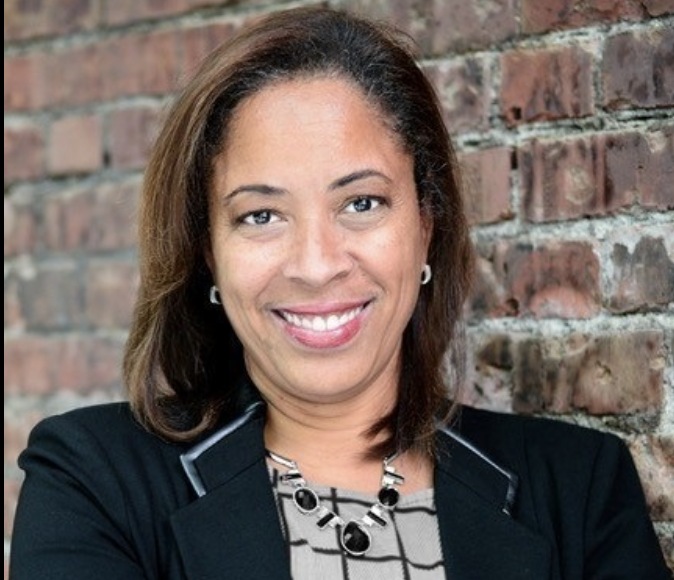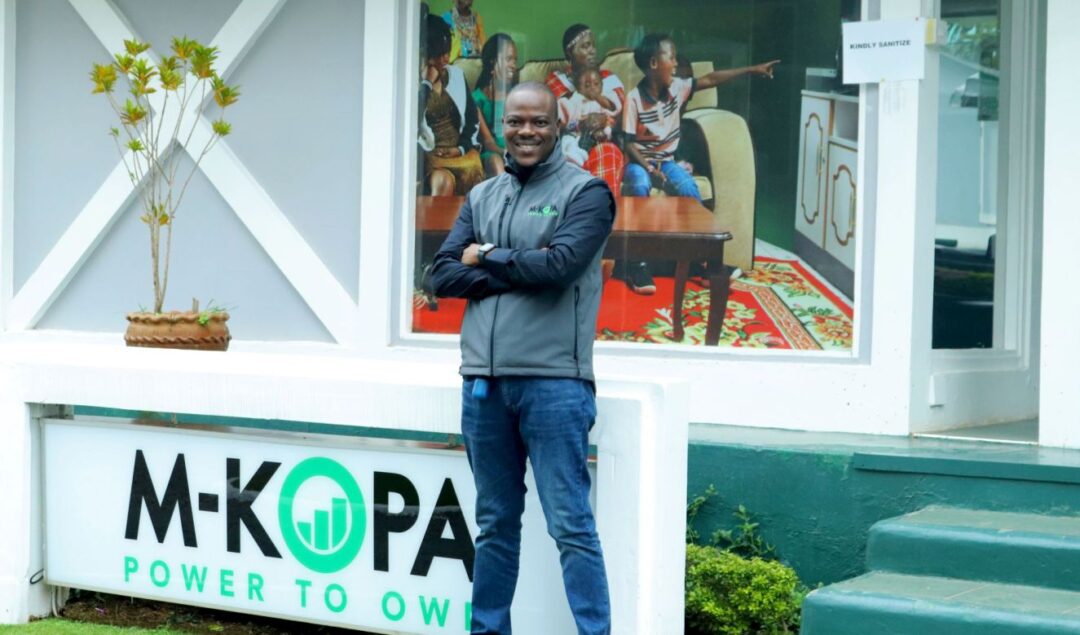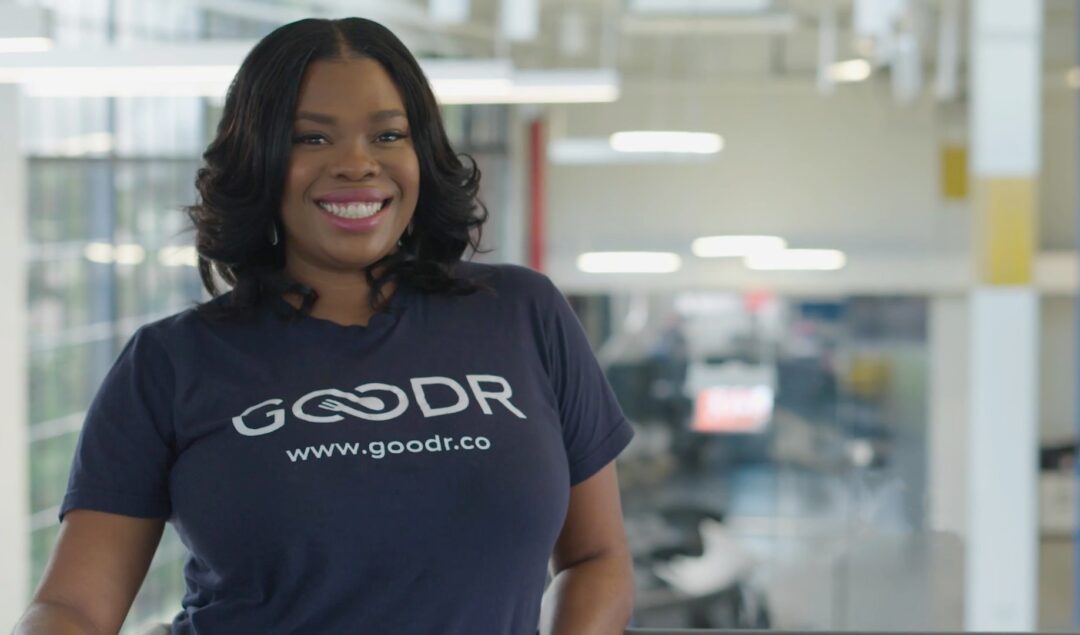Hive Wealth by Impart Media, a community-first mobile app that helps people grow their wealth and leave a legacy for future generations, officially announced it received $600K in funding from Black Tech Nation Ventures. Through Black Tech Nation Ventures, Hive Wealth is now able to address massive financial inequalities that millions of people of color in the USA experience. “We are thrilled to announce Black Tech Nation Ventures as our first institutional investor,” said Yvette Butler, founder of Hive Wealth. “BTN Ventures and Hive Wealth share a common mission of building generational wealth. We are excited
Buy now pay later (BNPL)—a short-term consumer financing that allows shoppers to purchase products online and pay in installments with nominal or no fees—is sweeping the global e-commerce sector. In Africa, BNPL is beginning to take shape with CredPal, one of the earliest pioneers of buy now, pay later in Nigeria, closing a bridge round of $15 million in equity and debt — the latter constituting a very large chunk of the financing — to expand its consumer credit offerings across Africa. The Y Combinator- and Google-backed CredPal allows individuals
Founder of femtech startup Ruby Love, Crystal Etienne, joined forces with her husband, Jean, last year to start VC firm CaJE, a VC that focuses on investing in “soil” rounds, similar to a family and friends investing round. Crystal’s own startup has raised $15 million since it was founded in 2016. She bootstrapped the company from its humble beginnings to over $10 million within two years. But she still felt “cajed” many times while entering the new industry with very little help along the way, but overcame every obstacle. Jean ran his
Melissa Pegus has been chosen as the Managing Director for Techstars Atlanta Powered by J.P. Morgan, the latest accelerator to open up in the city. The new program, backed by an $80 million investment by J.P. Morgan, will support diverse entrepreneurs across the country. While the program is open to founders of all backgrounds, it is designed to provide equitable access to funding and support for Black, Hispanic and Latino, Indigenous American, and Pacific Islander entrepreneurs. In the first half of 2021, Black entrepreneurs received just 1.2 percent of U.S. venture capital funding. Additional data show
PagerDuty is hiring on pocitjobs.com PagerDuty is a known global leader in digital operations management, but the company, according to London-based EMEA senior sales director Ross Burrell, is also leading the way when it comes to a good working culture for its staff – particularly those from minority groups. “There’s an open-door policy,” he told POCIT when asked how he’s been able to grow at the company. Ross, a father and an experienced salesman said there’s no hierarchy issue at the firm, no micromanaging or aggression. Instead, you receive a
The US is experiencing a boom in entrepreneurship, and women of color are the fastest-growing group among new business owners. A recent report from Wells Fargo shows that Black-owned businesses nosedived by more than 40% in April 2020, more than other racial and ethnic groups. However, the number of Black-owned businesses has since come back strong, currently at about 30% above pre-pandemic levels. Women of color in general have been driving new business growth during the pandemic, and overall, a record number of people are looking to start their own ventures, according to the White House. And while this is amazing
A Greensboro attorney and entrepreneur is bringing racial diversity to children’s entertainment by creating a range of books using AR. Kya Johnson launched online entertainment platform RainbowMe in December 2014 with co-founders Talib Graves-Manns, who is a marketing entrepreneur, and Bernard Bell, an Atlanta-based television veteran. Back in 2014- RainbowMe was one of three organizations to receive free workspace and $40,000 in seed funding from CODE2040’s Entrepreneurs-in-Residence pilot program. CODE2040, a San Francisco nonprofit that supports the inclusion of underrepresented minorities in the tech industry, partnered with Google on the initiative that’s backing African-American and
Who Is Babajide Duroshola, The Ex-SafeBoda Executive, Who Joined M-KOPA To Lead Its Africa Expansion
M-KOPA, an African connected asset financing platform that provides underbanked customers in Africa to essential products including solar lighting, televisions, fridges, smartphones, and financial services, raised $75M after it clocked 2 million customers across four African markets. The “growth equity round” highlighted by M-KOPA in its press statement is its fifth equity fundraise – it has raised similar rounds of debt, too and in total, its equity raise stands at $190 million. It was previously backed by the CDC Group and Light rock took part in this round alongside LocalGlobe’s
Race and gender discrimination in technology remain an issue, according to Dice’s newly released Equality in Tech Report. The report said that between 2020 and 2021, there was little change in sentiment around gender and racial discrimination. And the perception of racial discrimination increased for both Black technologist respondents (57%, up from 55% in 2020) and technologists who identify as women (at double the rate of technologists who identify as men.) The report said that perception of a lack of leadership opportunities and salary and benefit inequities were cited as a common
Raising venture capital is a daunting experience for Black women as both the UK and US startup ecosystems fail Black entrepreneurs with innovative ideas. Furthermore, it’s clear that an entrepreneur’s ethnicity can affect their access to VC in the UK, with Black founders receiving just 0.24% and Black female founders receiving 0.02% of the total venture capital invested over the past 10 years. And before 2021, only 93 Black female founders in the US had raised $1 million or more in venture capital, according to ProjectDiane, a biennial report on the













